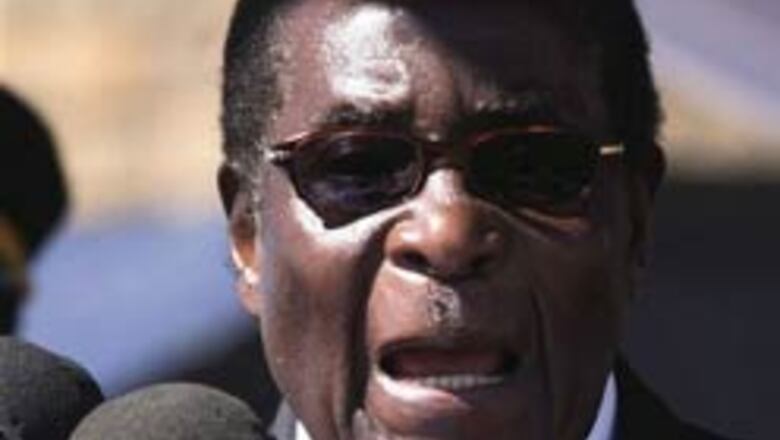
views
New York: The US and Britain met strong resistance from within the UN Security Council Tuesday to proceed with their proposals to impose sanctions on Zimbabwe and President Robert Mugabe.
South Africa's UN Ambassador Dumisani Kumalo played an important in persuading the 15-nation council to allow more time for discussion on the draft resolution submitted by the US and Britain, which are supported by France, to declare an arms embargo on Zimbabwe, and impose travels ban and freeze of assets on Mugabe and his associates.
The US and Britain, citing the council's mandate as keeper of peace and security around the world, called for a vote on the draft this week.
Kumalo said following closed-door discussion by the council that Mugabe and political opponents should be pressured to negotiate a solution to the crisis, regardless.
"Sanctions will create more complications," Kumalo told reporters. He said the African Union is opposed to sanctions and South Africa, which holds sway in the South African Development Community (SADC), is also against sanctions.
Russia, China and Vietnam, which holds the rotating council presidency in July, are opposed to sanctions.
The US and Britain said the crisis in Zimbabwe threatens peace and security in the country and Africa and therefore requires action from the council.
But sanctions opponents said the crisis cannot be classified as a threat to peace and security. In addition they said the Security Council has no mandate to certify national elections, and they called for negotiations to resolve the situation.
The G8 summit currently underway in Japan, at which some African heads of state attended, was also divided as to whether sanctions should be applied on the Mugabe government. Those African leaders have called for Mugabe to hold talks with his opponents to form a unity government.
UN Deputy Secretary General Asha-Rose Migiro told the council that the situation in Zimbabwe has deteriorated and that country has become a "challenge to the world" Mugabe lacks legitimacy to govern.
Migiro took part in the African Union summit at Sharm el-Sheikh, a resort city in Egypt, last week at which Zimbabwe's elections were debated. She said Zimbabwe's botched elections was a "moment of truth" for democracy on the African continent.
"When an election is conducted in an atmosphere of fear and violence, its outcome cannot have a legitimacy that is built on the will of the people," she said. "Consequently, the principle of democracy is at stake."
"Zimbabwe's flawed elections produced illegitimate results," she said. "The seriousness of the situation and its possible consequences has the potential to affect regional peace and security in profound ways."
Migiro said African observers sent by the South African Development Community (SADC), the AU and the Pan-African Parliament reported that the electoral process that declared Mugabe winner of the runoff on June 27 was "seriously flawed." Mugabe was declared winner of 89.5 percent of the total cast ballots.
The draft resolution under consideration by the council calls for a political dialogue by all parties in Zimbabwe in order to arrive at a peaceful solution that will "reflect the will of the Zimbabwean people as expressed in the March 29 elections." The first round of voting on March 29 was won by Morgan Tsvangirai, but it failed the required majority for a victory. A runoff was declared for June 27, with Mugabe declared the winner.
The draft demands an end to violence and the resumption of activities by international relief organizations, which were suspended by Mugabe in June.
It calls on UN members to prevent the direct or indirect sale or transfer of arms of all types, military vehicles and equipment, and spare parts.
It calls on UN members to prevent the entry into or transit through their territories, and a freeze of assets belonging to Mugabe and 11 other Zimbabwean officials. It charges Mugabe with being responsible for activities that "seriously undermine democracy, repress human rights and disrespect of the rule of law."
The ban on travels and freeze of assets would target Mugabe and some individuals in his government. They include Constantine Chiwenga, Emmerson Mnangagwa, Patrick Chinamasa, Perence Shiri, David Parirenyatwa and Didymus Mutasa, who are charged with directing the violence against political opponents.
Gideon Gono, the Reserve Bank Governor, is charged with being responsible for funding repressive state policies.












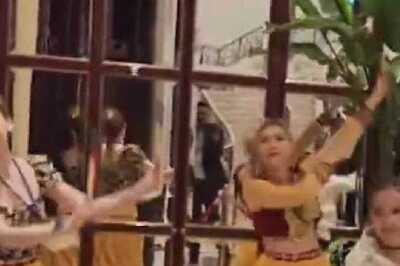
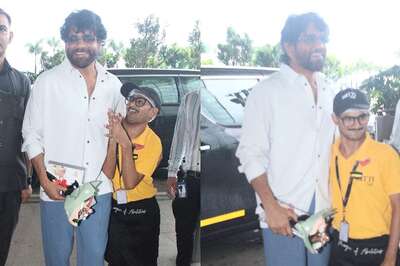
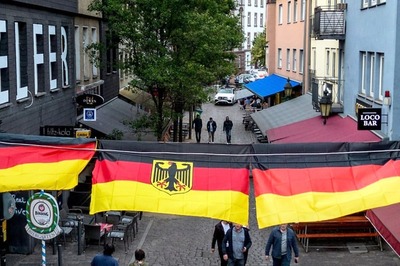
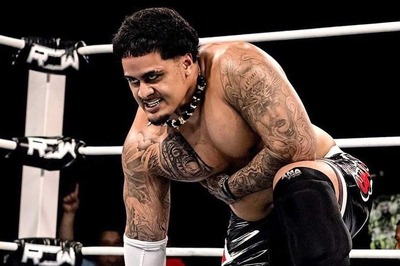
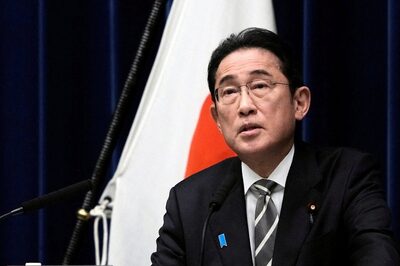
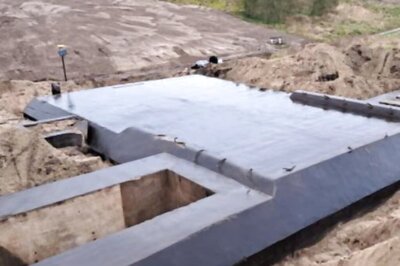

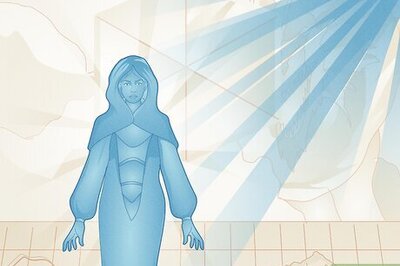
Comments
0 comment